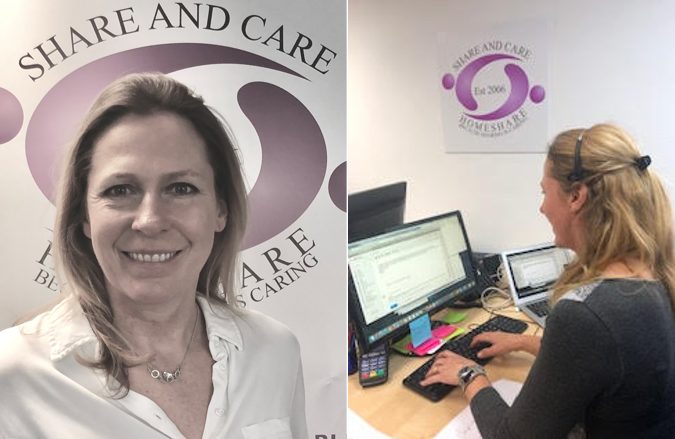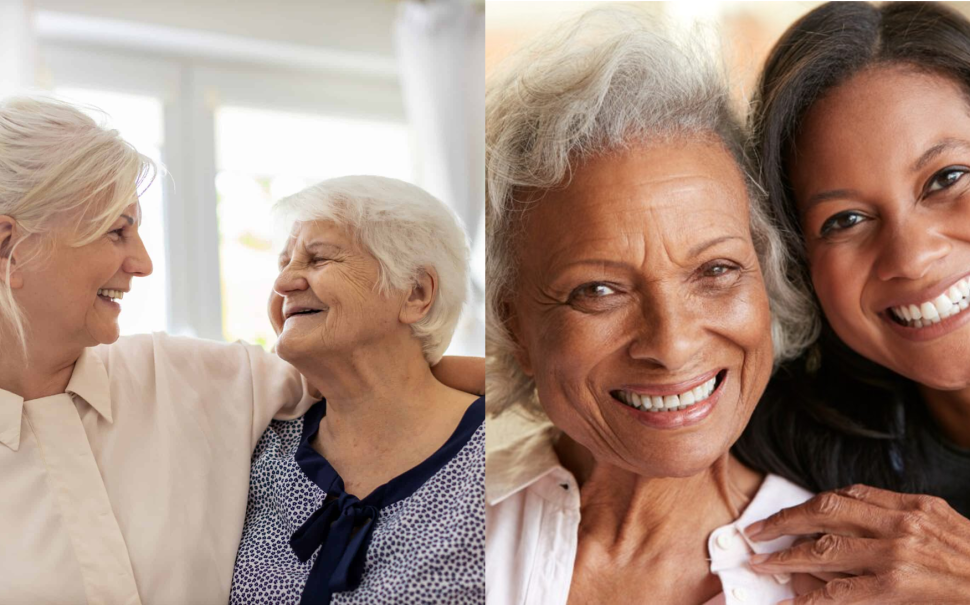A Putney-based group combines affordable housing and elderly support by pairing pensioners who need companionship with young professionals, with hundreds of renters paying no more than £230.
Both parties pay Share and Care Homeshare a monthly fee of £165 to help keep the program sustainable but no cash is exchanged directly between the pair, except for a capped contribution of £65 a month towards household bills if requested.
Caroline Cooke founded the organisation in 2006 and her inspiration came from identifying a gap in services as she witnessed her own late parents, specifically her father who lived with dementia, grapple with the challenges of ageing.
Cooke said: “It works beautifully because it’s without someone breathing down your neck all the time.”
Young individuals, who Cooke refers to as sharers, live with elderly hosts and provide companionship alongside ten hours of help each week with activities like meal preparation and grocery shopping.
This setup strikes a delicate balance as it respects the host’s independence while ensuring they are not living in isolation.
Cooke recognised a widespread need among seniors who did not require intensive care but still needed some form of assistance, akin to an au pair system.
She laid the foundation for Share and Care Homeshare by drawing from her experience from managing a nanny agency and her public relations career.

Thanks to the company’s one-of-a-kind-approach, Cooke benefitted from early media attention which siginficantly amplified their reach while also engaging with organisations like Age UK, leveraging their networks to connect with potential elder hosts.
Now, almost 20 years on, the team manages around 100 matches at any given time.
The matching process, which Cooke describes as acomplex jigsaw puzzle, begins with understanding the householder’s support needs, lifestyle preferences and personal interests to ensure compatibility goes beyond just practical assistance.
Interviews with potential sharers are centred around their previous experiences with older adults and what their day-to-day schedules look like, with the panel looking for assurance that renters equally value the companionship aspect of the program.
With most arrangements lasting several years, and the longest reaching 12 years, Cooke had endless stories to share of positive matchmaking stories.
A memorable arrangement she recalled involved a former music teacher with dementia whose anxiety was soothed by her sharer’s musical sessions.
Another example was a retired professor with dementia who found a renewed sense of purpose assisting a PhD student sharer with research.
Meanwhile, a largely chair-bound former prison psychiatrist in her 90s found it amusing to swipe right as she navigated the dating apps with her young sharer.
Cooke said: “There are so many ways they help each other. It’s a privilege to see.”
While Share and Care Homeshare has achieved notable success, the business model is not without its challenges with one of the primary issues being the supply-demand imbalance.
The number of sharers seeking affordable accommodation far exceeds the quantity of available homes, creating a waitlist and limiting the programme’s expansion.
Cooke believes this gap is partly due to a lack of awareness among potential elderly participants as well as misconceptions about the programme’s nature such as concerns over privacy or misunderstandings about the role of sharers.
She said: “It’s crucial that we build awareness among potential hosts to bridge this gap and allow the initiative to thrive.”
The founder suggested excluding homeshare arrangements from council tax calculations for pensioners receiving attendance allowance could make the scheme more financially appealing.
She also emphasised the role of charities and link workers in promoting the model as a primary care option, noting that recognition in these areas could significantly broaden reach.
Nevertheless, besides the occasional logistical hurdles, Cooke was quick to affirm how appreciative she felt to be leading what she believes to be a meaningful initiative for society’s most vulnerable.
She said: “The real gift is in seeing people help one another.
“My parents would be very proud. They always saw it as a good model.”
Feature image credit: Dunya Simões using images via the Creative Commons License





